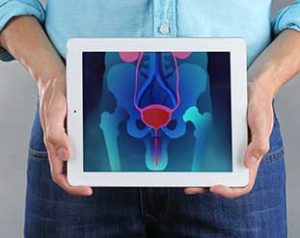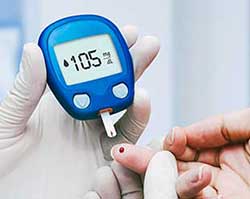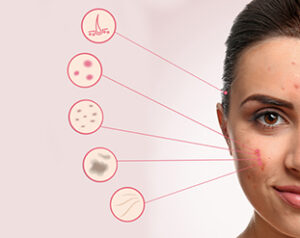Consult City's Top Doctors, The Minute You Need To
First Consultation starting
@ ₹349 ₹599
2008
Diabetologists
75049
Cases done
by Diabetologists
1566
Hospitals
What is Diabetes Mellitus?
Diabetes Mellitus (or Diabetes) is a chronic condition that affects your body's ability to utilize the food. This disease stops the body from using up energy from the food one eats or consumes. This happens when the pancreas produces little to no insulin. Diabetes Mellitus also happens when the pancreas produces insulin but it isn’t doing its job.
In other words, when the sugar exits from one’s bloodstream and seeps into the cells, the blood sugar level goes low. When there is no insulin or if it is not doing its job, sugar does not go into the cell for energy. With Diabetes Mellitus, blood sugar levels are really high because the amount of insulin being produced falls short.
Diabetes Mellitus is quite rampant in the world. There was a global prevalence of 382 million people with diabetes in 2013, expected to rise to 592 million by 2035. Type 2 diabetes accounting for the majority (>85%) of total diabetes prevalence.
Types of Diabetes
There are three major types of diabetes:
- Type 1 diabetes: By birth; insulin-dependent diabetes
- Type 2 diabetes: Adult-onset; affects the way the body processes blood sugar (glucose).
- Gestational diabetes: A form of high blood sugar affecting pregnant women.
Symptoms
If blood glucose significantly rises, the symptoms of the two diabetes can be very similar.
- Frequent urination accompanied by excessive thirst
- Unexplained weight loss
- Extreme hunger even when the person is regularly eating
- Sudden vision loss or blurred vision
- Tingling or numbness in the hands or feet
- Very dry skin, which can be a sign of dehydration
- Sores that are slow to heal and more infections than usual, because of the weakened immune system
Complications caused due to Diabetes
Diabetes can lead to innumerable complications too such as:
- Stroke
- Diabetic retinopathy that can cause blindness
- Chronic kidney diseases
- Heart attacks
- Sensation in the feet decreasing over time because of diabetic neuropathy
Treatment
Self-care: Individualized diet planned with the help of a registered clinical dietitian is important. The diet should be high in fibre, fruits and vegetables; and low in simple sugars and saturated fats.
Medication: Blood glucose lowering or insulin-related medications may be prescribed depending upon the severity of occurrence.
Specialists: At mfine, you can connect with a team of doctor and dietitian who will aid in your journey of healing and treatment. Our diabetologists can also help you with any other issue you have, related to the disease. Don’t wait and seek guidance on mfine in time; after all, your health is in your hands! Consult a diabetologist or a general physician once you identify the symptoms. Diagnosis of this condition plays a vital part in curing it.
Other Specialities
Give a missed call to 08061914343 to Download the App
































